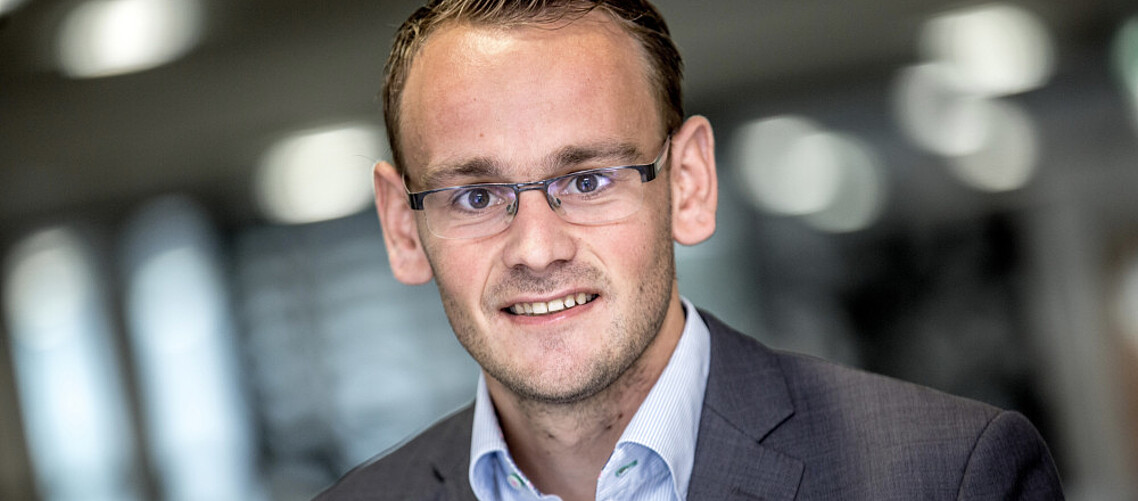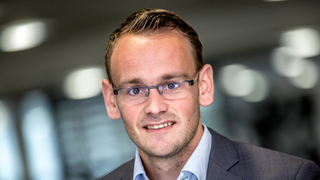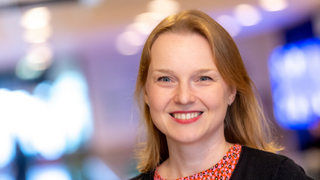The Vidi grant for RSM research is one of 149 successful applications from experienced researchers received in 2025. The grants enable them to develop their own innovative line of research and set up their own research groups. The grant covers five years’ work on the project, titled Rethinking emergency care: unlocking decentralized capacity sources to reduce response times, and makes provision for a PhD student for four years and a post-doctoral researcher for two years.
In many countries, emergency care is provided by a decentralised system of individual ambulance providers with only a few vehicles and a dedicated emergency hotline. Combining all vehicles would, in many places, result in enough capacity to achieve reasonable response times, but the lack of coordination and a mismatch of incentives results in extreme delays. Pieter van den Berg’s project focuses on the best ways to use this capacity to enhance health outcomes.
Until now, there has been no way to capture this kind of information about capacity, so new models need to be developed, Dr Van den Berg explains. “The project will address challenges related to the estimation of performance, providing incentives for commitment and optimisation of dispatch decisions and resource allocation.”
The research will use game theory and mathematical modelling to quantify performance and optimise operational processes when there is uncertainty about ambulance capacity.
Dr Van den Berg has partnerships in place with emergency platforms in Kenya and Indonesia, and community first responder systems in Sweden and New Zealand will help him to embed new theoretical knowledge into real-world settings.
He hopes that the alternatives developed in his research will also benefit other areas, such as crowdsourcing transportation and hailing taxi rides.


